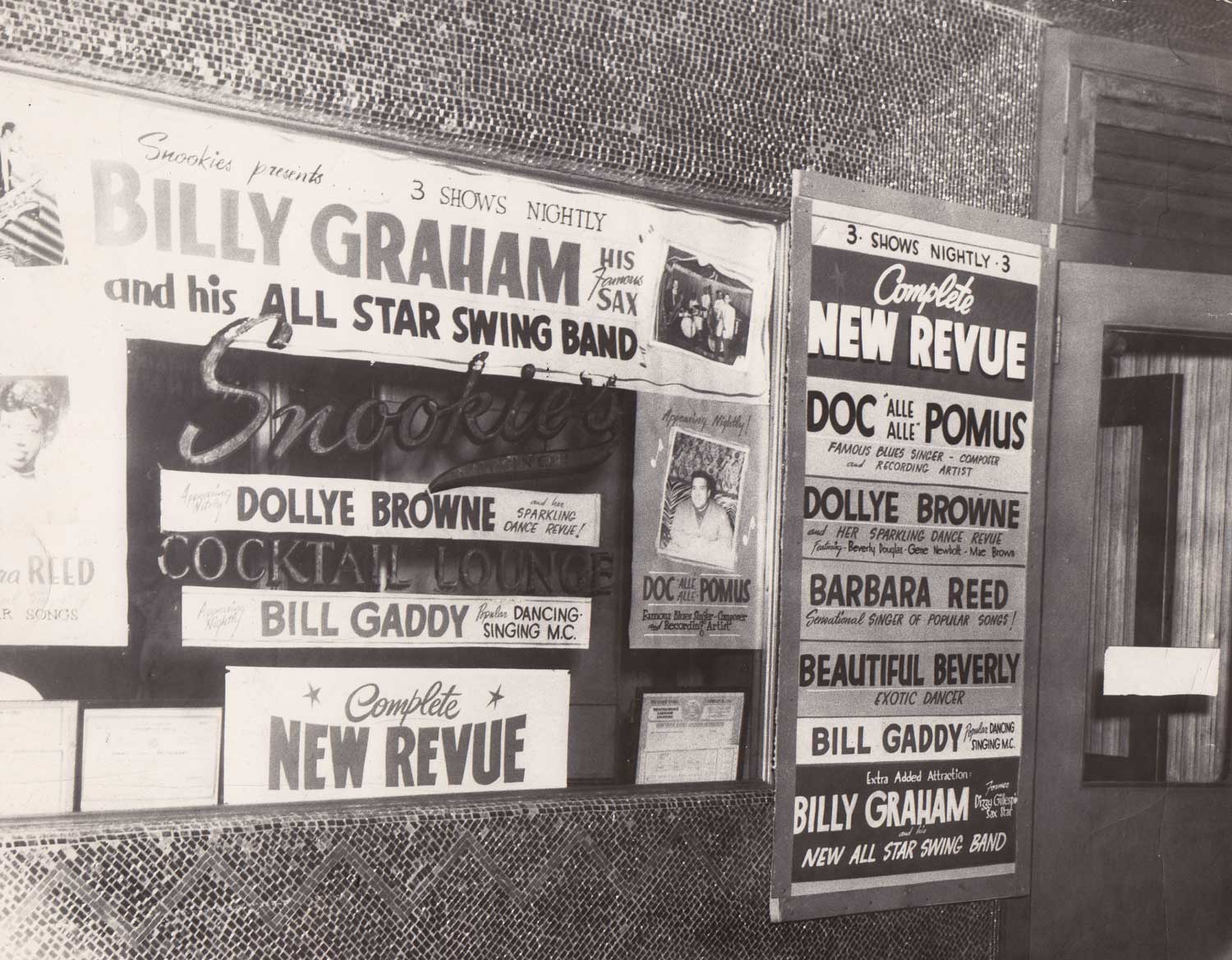Dave Marsh (born March 1, 1950, Detroit, Michigan) is an American music critic, author, editor and radio talk show host. He was a formative editor of Creem magazine, has written for various publications such as Newsday, The Village Voice, and Rolling Stone, and has published numerous books about music and musicians, mostly focused on rock music.
In 1979, Marsh wrote a now-famous review in Rolling Stone of the album Jazz by Queen, in which he wrote, “Queen may be the first truly fascist rock band.” (Rolling Stone, Feb. 8th 1979). Previously, he had described lead singer Freddie Mercury as possessing a merely “passable pop voice.”
In his 1980 review on Bob Seger’s album Against the Wind, Marsh stated, “I’d like to say that this is not only the worst record Bob Seger has ever made, but an absolutely cowardly one as well.”
In the 1983 Rolling Stone Record Guide on Journey, Marsh wrote, “Journey was a dead end for San Francisco area rock.” He awarded all of the band’s albums the minimum possible score of 1/5 stars.
Marsh has published four books about singer/musician Bruce Springsteen. Some of these became bestsellers, including Born to Run and Glory Days. Marsh is closely associated with Springsteen because his wife, Barbara Carr, is one of Springsteen’s co-managers. Marsh is also closely associated with Jon Landau, a Springsteen manager and producer, for the same reason.
Marsh has edited and contributed to Rock and Roll Confidential, a newsletter about rock music and social issues. The newsletter has since been renamed Rock and Rap Confidential.
Marsh contributed to the 1994 book Mid-Life Confidential, a book about and by the Rock Bottom Remainders, a rock band composed of American authors.
Along with Rolling Stone magazine publisher Jann Wenner, Marsh has been involved in organizing and maintaining the Rock and Roll Hall of Fame in Cleveland, Ohio. However, Marsh has courted, at times, controversy with his style of maintaining selections and at one time was asked to resign.
Dave Marsh was the first music critic to employ the term punk rock: In the May 1971 issue of Creem, he described ? and the Mysterians, one of the most popular 1960s garage rock acts, as giving a “landmark exposition of punk rock”.





